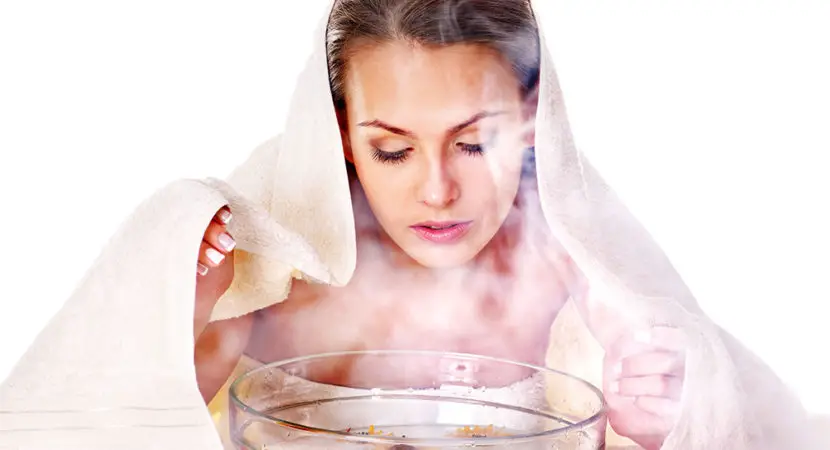Clogged pores and acne are two different things, though they are often closely related. Clogged pores develop when the tiny openings in the skin’s surface become blocked by dirt, debris, oil, or other substances. Acne, on the other hand, develops on the surface of the skin with clogged pores become infected by bacteria that causes small skin lesions or sores to develop on the surface of the skin and often over the top of clogged pores.
What causes clogged pores?
There are many things that can lead to the development of clogged pores. Common triggers include excess skin oil, poorly chosen or improperly used make up and skin care products, and dirt, sweat, and debris that collects in the pores or which blocks the surface of the pore, preventing natural skin oils from escaping from the pores themselves.
There is sometimes a genetic predisposition to the development of clogged pores. This is especially true for people with more naturally oily skin, and those who sweat more heavily than others.
Changes in hormone levels can also contribute to the development of clogged pores, as increases in certain hormones can cause your sebaceous glands to over produce oils. While these same oils are needed to hydrate and keep the skin healthy, excess oil is among the biggest factors in the clogging of pores.
What causes acne?
Acne develops most often as a result of clogged pores becoming infected with minute amounts of bacteria that are then able to breed and cause tiny skin lesions or sores over the surface of the skin and on the top of clogged pores. Not all clogged pores lead to acne, and there is certainly a hormonal and genetic predisposition to acne as well. However, for many people, dealing with their pores being clogged can prevent acne and address acne symptoms when they do occur.
How can you prevent clogged pores and acne from developing?
Clogged pores can be prevented by employing a good, daily skin care routine that includes washing your face in the morning after getting out of bed and again at night before going to bed. A gentle astringent or simply some warm water and gentle facial soap are usually enough to keep your skin clean and healthy and your pores open and functional.
The kind of makeup, facial lotion, and other skin care products you use can also help prevent clogged pores. Choose non-oily, natural products that are free of synthetic chemicals and harsh components. Irritating your skin may only cause further oil production which in turn leads to clogged pores.
You should additionally try to avoid touching your face too often, as you can transfer bacteria from your hands to your pores. This is one of the biggest ways that clogged pores get infested with bacteria which can then lead to the development of acne.
Additionally, ensuring that you always remove your makeup and that you do not use any heavy creams, makeup or other facial products that further block pores is essential to preventing pore problems and to reducing the chances you will develop acne.

